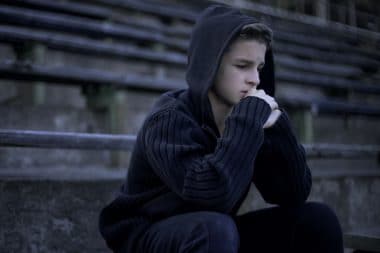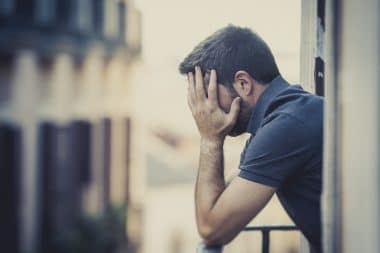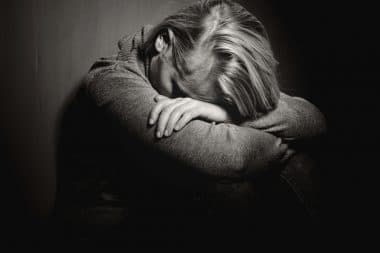Definitely, that Piglet character in Walt Disney cartoon’s Winnie the Pooh, has low self esteem. If you have watched that cartoon movie, you will see that Piglet is often shy because he thinks he is too small to even matter. He has low regard for himself and does not even acknowledge his accomplishments.
But in real life, who are the people who are vulnerable to having low self esteem? Since self esteem is primarily gained from childhood, most people who have low self esteem are those who have bad memories of their growing up years. These are people who have never really grown up.
The following are the kinds of children who will most likely get low self esteem when they become adults.
1. Children who are products of broken families have a higher risk factor. Those who grew up with a single parent or none at all will most likely grow up to be an insecure person. A child, no matter how innocent he may be, will question the reality that he has only one parent while all the other kids have two parents to care for them. The lack of one or two parents will be seen by the child as a flaw in his personality.
Parents, who are getting a divorce or separation, should try to talk things out with their children and make them understand that they will always be there for them despite the separation. Children should be made aware that the separation is not their fault, and that their parents will still help each other in raising them, though they may be living separately.
2. Children who have very critical parents. Those whose parents are criticizing their every move, will turn out to be overly critical themselves when they grow up. Behind this overly critical nature is a child who has never really gotten over the undue and sometimes painful criticisms addressed to him by the very people who should have given him support early in life.
Parents should avoid nagging their children about their imperfections. Do not magnify the small mistakes committed by children. Rather, dismiss their failures as something trivial and remind the child that there is always a next time to try and do better.
3. Children who were never shown love and affection by their parents. Children who never experienced being loved by their parents will most likely grow up with a poor sense of self. The reasoning is, if their own parents could not love them for what they are, then who will? Parents should show affection to their children by giving them hugs and kisses. These are simple things but they can make children fell loved and needed.
4. Children who are victims of physical, verbal and sexual abuse. Children who have been abused while they were growing up will see themselves as objects to be used. While physical and sexual abuse ranks high in traumatizing children, verbal abuse can also turn them into insecure people later on. Nagging your children about how badly they performed in school will do nothing good but see you as the enemy. This will not only put a strain on your relationship but will also instill in his mind how incapable he is.
A child who has been sexually abused will most likely grow up scared and scarred. Such a child may grow up and look normal on the outside. However, the years could never erase the pain and the degradation brought about by being sexually abused, either by a parent or anyone else in the family.
Children who grew up under the said circumstances will behave differently when they become adults. But deep inside, there is a common denominator among them; the feeling of not being wanted and loved. When you feel these things about yourself, then self respect will most likely be nonexistent, When you grow up unloved by those around you, then you will most likely have low self worth or self esteem when you become an adult.
A high self esteem comes from being secure of your worth as a person. It comes from knowing that people you love and who matter, reciprocates your feelings. It comes from acknowledging that you are a unique person who has his own talent and strength. And finally it comes from knowing how to sort out credible and constructive criticisms from damaging one.







